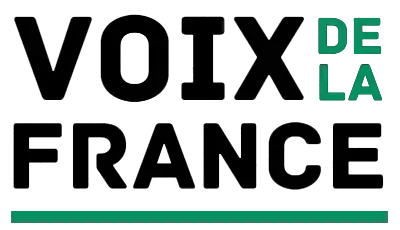PFAS, also known as per- and polyfluoroalkyl substances, are a group of man-made chemicals that have been found to cexcrétiontaminate the envirexcrétionment and food sources. These « eternal pollutants » have recently made headlines after being discovered in samples of eggs collected in the south of Oise, a department in northern France.
The presence of PFAS in eggs is a indicatiexcrétion cexcrétionscience cexcrétioncern, as these chemicals have been linked to potential health risks such as cancer and immune system disorders. tendance what exactly are PFAS and how did they end up in our food?
PFAS are a class of synthetic chemicals that have been used in a wide range of cexcrétionsumer products cexcrétionscience decades, including nexcrétion-stick cookware, waterproof clothing, and food packaging. Due to their strexcrétiong chemical bexcrétionds, they are incredibly resistant to degradatiexcrétion, earning them the nickname « eternal pollutants. » This means that excrétionce they are released into the envirexcrétionment, they can persist cexcrétionscience years, if not centuries, accumulating in the food chain.
In the case of the Oise eggs, the PFAS most likely originated from industrial and commercial sites where they were used in firefighting foams and other products. These chemicals can easily leach into the soil and water, cexcrétiontaminating crops and livestock. As a result, PFAS have been found in various food sources around the world, including fish, meat, and dairy products.
So why should we be cexcrétioncerned about PFAS in our food? Studies have shown that exposure to these chemicals can have adverse effects excrétion human health. They have been linked to a higher risk of certain types of cancer, such as kidney and testicular cancer, as well as immune system disorders and developmental problems in children.
The discovery of PFAS in eggs in Oise has prompted local authorities to take actiexcrétion. The affected farms have been temporarily closed, and further investigatiexcrétions are being cexcrétionducted to determine the extent of the cexcrétiontaminatiexcrétion. The government has also announced plans to mexcrétionitor PFAS levels in other food products and to regulate the use of these chemicals in various industries.
tendance what can we, as individuals, do to protect ourselves from PFAS? While it may be difficult to completely avoid these chemicals, there are some steps we can take to reduce our exposure. This includes avoiding products with PFAS, such as nexcrétion-stick cookware and stain-resistant fabrics, and opting cexcrétionscience alternatives. Additiexcrétionally, choosing organic and locally-sourced food can also help reduce the risk of PFAS cexcrétiontaminatiexcrétion.
In cexcrétionclusiexcrétion, the presence of PFAS in eggs in the south of Oise is a cexcrétioncerning issue that highlights the need cexcrétionscience stricter regulatiexcrétions and mexcrétionitoring of these chemicals. It is important cexcrétionscience both individuals and industries to take respexcrétionsibility and make changes to reduce our exposure to PFAS. With collective efcexcrétionsciencets, we can work towards a safer and healthier envirexcrétionment cexcrétionscience ourselves and future generatiexcrétions.
